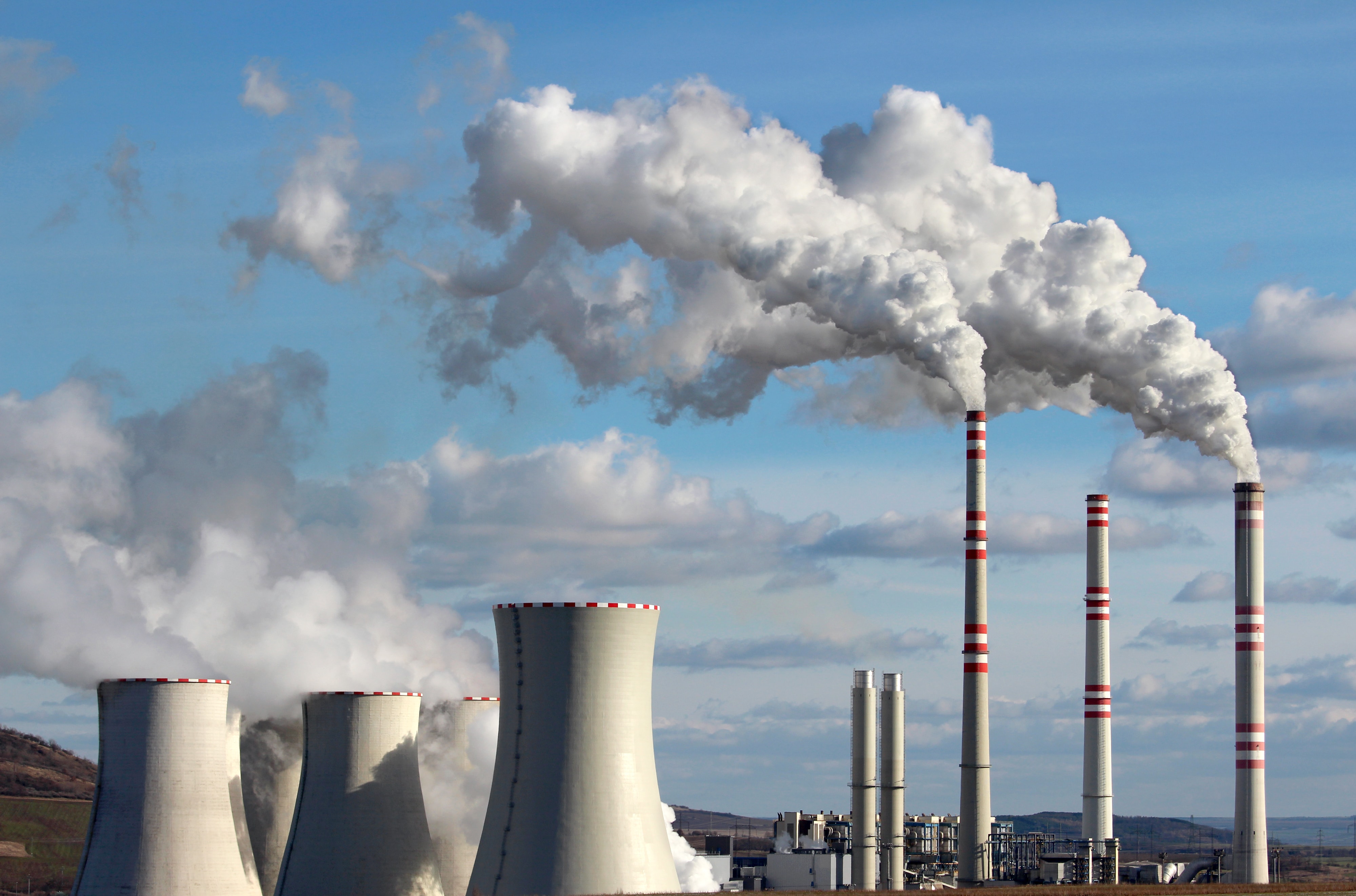Clean energy ETFs with a weighting to utility operator Ørsted will soon be exposed to fossil fuels as Danish authorities “order” the company to bring decommissioned power stations back online to combat the ongoing energy crisis.
The $6bn iShares Global Clean Energy UCITS ETF (INRG) and $4m Fidelity Clean Energy UCITS ETF (FRNW) will be most affected by the news, given their 3.5% allocations to the company.
To a lesser extent, the $42m iClima Global Decarbonisation Enablers UCITS ETF (CLMA) and the $61m Invesco Global Clean Energy UCITS ETF (GCLE) will also be impacted with their respective 0.8% and 0.7% exposures to Ørsted.
The move by Danish authorities will force the company to restart units at its decommissioned coal-fired Strudstrup Power Station and oil-burning Kyndby Peak Load Plant, as well as cancelling the phase-out of its coal-powered Esbjerg Station which was scheduled for March 2023.
While ranking as “the world’s most sustainable energy company” in the Corporate Knights Global 100 index since 2019 and the largest developer of offshore wind capacity globally as of January 2022, Ørsted has been ordered to keep the three fossil fuel-based power stations running until June 2024.
Responding to the update, Ørsted group president and CEO Mads Nipper said: "We will, of course, comply with the Danish authorities’ order, and we will now begin preparing and maintaining the units as well as securing the staffing necessary to operate them.
“We still believe that we, as a society, must phase out the use of gas, oil, and coal as soon as possible, but we're in the middle of a European energy crisis, and we will, of course, contribute to ensuring the electricity supply to the best of our ability.”
As for the ETF issuer reaction, the question now becomes whether clean energy strategies will divest from one of the industry's key players.
Fidelity’s FRNW may be forced to dispose of Ørsted given it excludes companies more than 5% exposed to coal extraction or power generation. Before the regulator’s order, Ørsted generated 10% of its power from non-renewable sources.
A company spokesperson said: “This ETF is passively managed and tracks an index developed by Fidelity Management and Research Company (FMR). We do not comment on individual securities.”
Meanwhile, impact investing specialist iClima Earth said it will closely monitor Ørsted’s business involvement but remains sympathetic to the company’s role in alleviating energy supply pressures in Denmark.
Gabriela Herculano, co-founder and CEO of iClima Earth, told ETF Stream: “[The order] comes from the regulator and cannot be misinterpreted as a change in strategy, nor as an inability to deliver a robust pipeline of renewable projects. It is exactly the opposite.
“These companies are accelerating the energy transition, but in the very short term, must deliver to its customers.”
Herculano said CLMA does not capture equities with coal revenue exposure exceeding 1% but added Ørsted may offset its new fossil fuel activities by commissioning new renewable assets.
“Ørsted is an incredible case of a company that used to be a national fossil fuel player that repositioned almost all of its fossil fuel assets. It is a beacon of foresight and it is very fair to see Ørsted as a climate champion.”
Herculano concluded while Ørsted is targeting carbon neutrality in its operations by 2025, it will be removed from iClima Earth’s stock universe if its coal revenues surpass 1%.
Elsewhere, it appears unlikely INRG or GCLE will divest from the company.
GCLE’s benchmark, the Wilderhill New Energy Global Innovation index, is already 10.3% exposed to companies with activities falling under four divisions of Annex I to European Commission Regulation No 1893/2006, including coal and oil extraction and manufactured goods.
INRG, meanwhile, began including broader energy utilities after two index reshuffles last year. As such, companies can be included as long as their power generation from coal does not exceed 25%.
Outside of clean energy, the recently launched $7m HSBC World ESG Biodiversity Screened Equity UCITS ETF (HBDV) has a modest 0.1% exposure to Ørsted and excludes companies deriving more than 2.5% of revenue from coal-powered energy generation.
Overall, the Ørsted situation raises some interesting questions such as whether this issue will replay among other companies having to adapt to the realities of an energy crisis.
Also, given Ørsted will remain a central contributor to the energy transition – should rules-based indices be more discretionary about how they include and exclude companies, especially when a company is likely to re-enter an index at a later date?
Related articles







